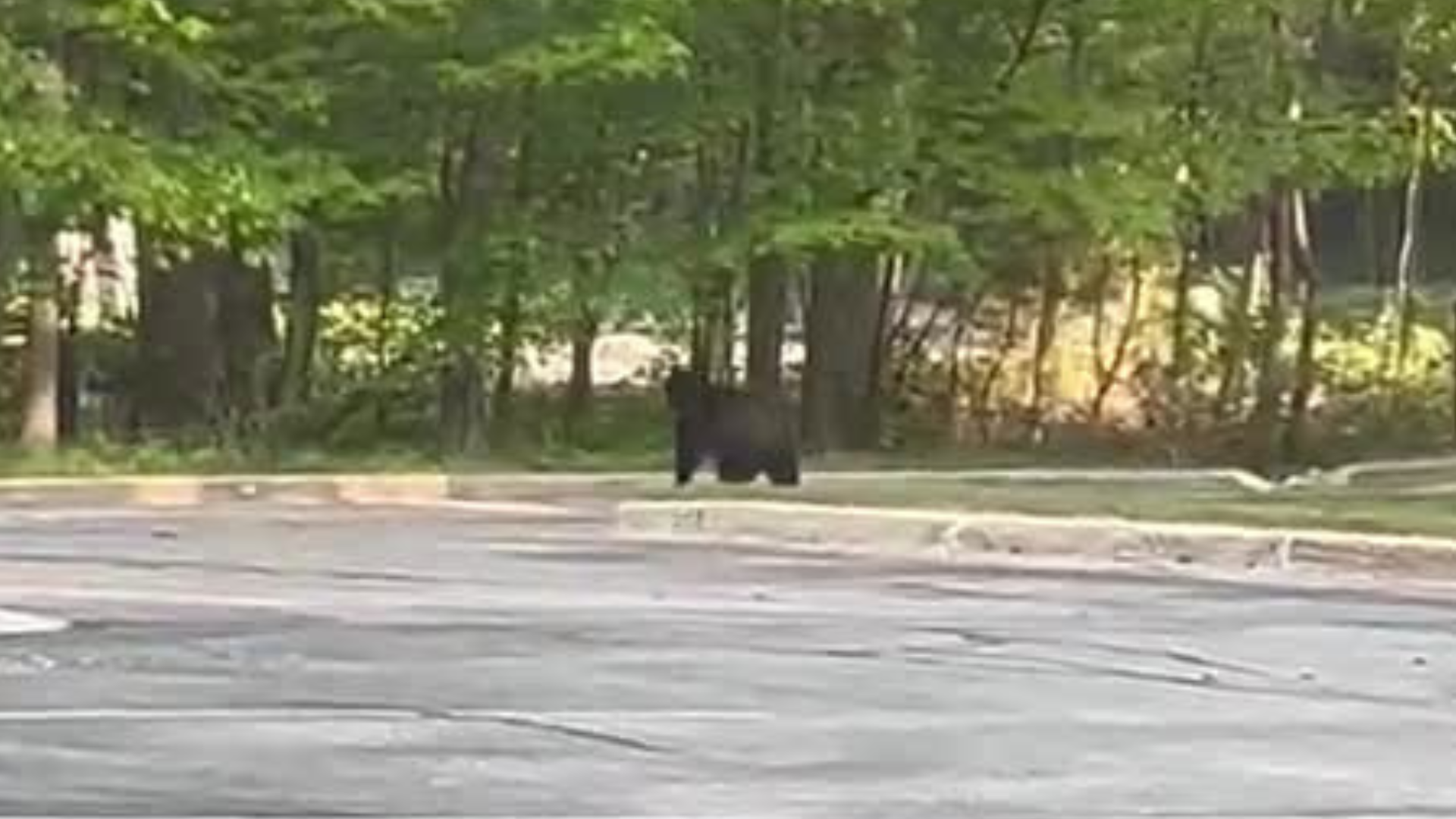UPDATE 4/4/24 5:00 p.m.
Recent discoveries of bird flu in U.S. cattle in has those in agriculture keeping a close eye on the situation. As birds migrate back to Michigan for the season, there’s an increased chance of bringing the virus with them.
Whether you have a backyard flock or commercial operation, Michigan State University Extension wants farmers to know that bio-security is important to maintain the health of all animals. They suggest preventing contact with wild birds by fencing off water sources, limiting food sources to wild birds and maintaining good hygiene, among other precautions.
“Once birds are infected, it is a 100% mortality, and the virus is very contagious. So if one bird in the flock has it, then you can pretty much assume that every bird is going to get it. And it’s always 100% mortality. Birds just don’t recover from this kind of virus,” said Katie Ockert, MSU Extension.
MSU Extension said the levels of bird flu reported in Michigan are nothing to be alarmed about yet.
You can find more information about protecting your flock here.
4/2/24 11:15 a.m.
LANSING — Following a report to the Michigan Department of Agriculture and Rural Development, the Michigan State University Veterinary Diagnostic Laboratory has detected the presence of highly pathogenic avian influenza in a commercial poultry facility from Ionia County.
Since the disease was first detected in Michigan in 2022, this is the fourth detection of HPAI in a commercial facility, and the first detection in Ionia County.
RELATED: Texas person diagnosed with bird flu after being in contact with cows
RELATED: Highly pathogenic avian influenza found in Montcalm Co. dairy herd
As wild birds complete their spring migration, it is crucial for every producer to protect their animals from wild birds and the germs they could be carrying.
”As the weather remains cool and wild birds continue their migration, conditions are ideal for the virus to thrive and spread. While these conditions persist, the need to take preventative measures will be high,” said State Veterinarian Dr. Nora Wineland. “Keeping HPAI out of Michigan’s domestic animals remains a team effort, and it must be a top priority for all.”
HPAI is a highly contagious virus that can be spread in various ways from flock to flock, including by wild birds, through contact with infected poultry, by equipment, and on the clothing and shoes of caretakers.
To protect other facilities in Michigan, the premises is currently under quarantine, and the birds will be depopulated to prevent disease spread. These efforts also help to ensure the safety and integrity of the commercial food supply.
”Michigan’s egg farmers are among the most proactive in the country, with their diligence leading to rapid detection of HPAI in this flock,” said Dr. Nancy Barr, executive director of Michigan Allied Poultry Industries. “Strict biosecurity measures are in place to protect flocks from the increased threat of HPAI.”
According to the U.S. Centers for Disease Control and Prevention, the public health risk associated with avian influenza remains low. Also, no animals or products infected with HPAI will enter the commercial food chain.


